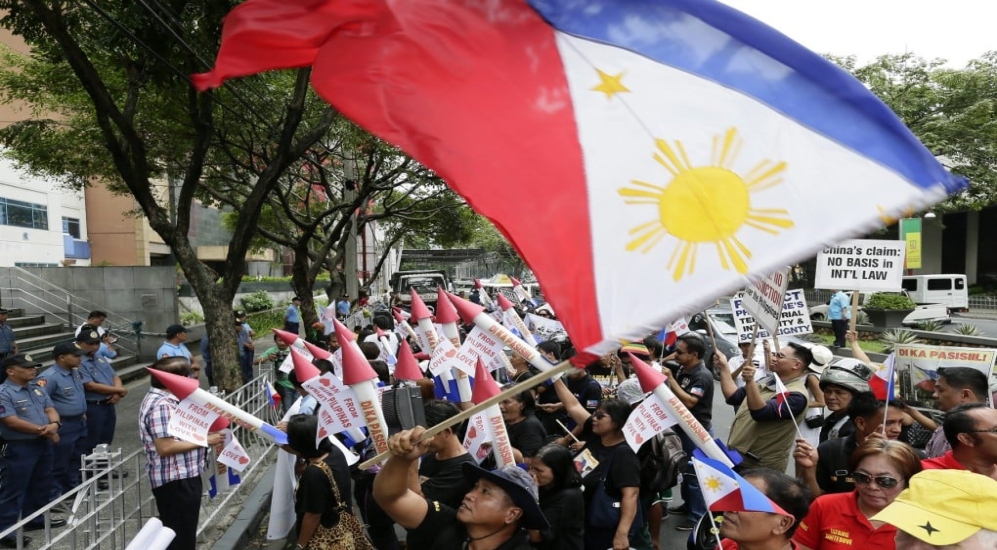Viral Bullying Incident in China Sparks Protests and Public Outcry

A brutal school bullying case in Jiangyou, China, involving a 14-year-old girl has sparked mass protests and national outrage over the lenient punishment of the perpetrators. The incident has reignited debate over juvenile justice and the government’s handling of bullying cases.
A shocking school bullying incident in Jiangyou, a city in China’s Sichuan province, has ignited widespread public outrage, online condemnation, and rare street protests—fueling renewed scrutiny over how bullying is handled by the Chinese legal and education systems.
The controversy erupted after a harrowing video went viral on Chinese social media platforms, showing a 14-year-old girl being slapped, kicked, and forced to kneel by three female peers, aged 13 to 15. The video, filmed by the perpetrators themselves, shows the victim pleading for the abuse to stop, at one point declaring she would call the police—only to be mocked by one attacker who bragged about having visited the police station multiple times and being released within 20 minutes.
The brutality of the footage—and the apparent impunity with which the perpetrators acted—has sent shockwaves across the nation. For many, the most troubling aspect is not only the violent bullying but the institutional response that followed.
Authorities revealed that two of the assailants were sent to “specialised schools for corrective education,” while the third, due to her age, has not been formally punished. This response sparked outrage on social media, with many criticizing the leniency, especially given allegations that the victim had suffered prolonged bullying and that her mother—reportedly deaf—had repeatedly begged authorities to take stronger action.
The case reached a tipping point on August 4th when over 1,000 citizens gathered outside local government offices in Jiangyou, demanding justice. According to local business owners, the protests lasted until after midnight and turned violent when police allegedly used batons and electric prods to disperse the crowd. Online videos appear to corroborate these claims, showing officers dragging civilians and clashing with demonstrators.
“People just wanted justice,” a protester told the BBC anonymously, citing police warnings against discussing the incident. “They were angry about the lack of punishment.”
In the face of mounting pressure and speculation, local police issued a second statement to address rumors that the assailants were related to influential officials. These were categorically denied. “Two of the parents are unemployed, two are working outside the province, one is a local salesperson, and one is a local delivery driver,” authorities clarified.
However, in an effort to control the narrative, officials have penalized two individuals for spreading “fake information” online, accusing them of disrupting public order and causing negative social impact.
The episode has laid bare deeper issues within China’s juvenile justice system. While the country has made recent amendments to its criminal law to lower the minimum age of criminal responsibility in some cases, critics argue that penalties remain inadequate in addressing the psychological and emotional toll suffered by victims of bullying.
A Shanghai-based lawyer commented on social media: “The penalty for causing minor injuries is too mild, while the physical and mental trauma suffered by victims is overlooked by the law, which leads to a significant imbalance in the protection of their rights.”
China has seen similar outrage in recent years over bullying-related tragedies. In January 2025, the death of a teenage boy in Pucheng led to violent protests after suspicions of a cover-up. In another chilling case from 2024, two 13-year-old boys in Hebei province were convicted for the brutal murder and burial of a classmate, allegedly driven by bullying.
As the Jiangyou incident continues to dominate public discourse, it serves as a sobering reminder of the urgent need for systemic reform. Citizens are not just demanding accountability for one girl—they’re calling for a nationwide reckoning with how schools, authorities, and the law respond to the cries of vulnerable children.






